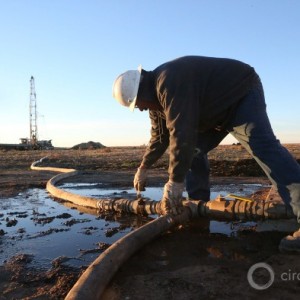The Stream, June 17: Belo Monte Dam Violations Threaten Brazil Families
The Global Rundown |
Violations during the construction of Brazil’s massive Belo Monte dam threaten families living nearby, federal prosecutors said. North Korea is suffering its worst drought in 100 years, while cities in northern India contend with water shortages and a rise in waterborne diseases. Refugees in Sudan also face risks from disease as the rainy season approaches. A toxic algae bloom off the United State’s western coast may be the largest recorded.
“Rapid scaling up of water, sanitation and hygiene interventions is critical as rains will also heighten the risk of water-borne diseases such as dysentery and cholera.”–Stéphane Dujarric, United Nations spokesperson, on the refugee crisis in Sudan. The refugees are fleeing fighting in South Sudan. (UN News Centre)
By The Numbers |
2,000 families Number at risk of losing their livelihoods due to violations by the contractor building Brazil’s $US 11 billion Belo Monte hydropower dam, according to federal prosecutors. Associated Press / Guardian
100 years Time since North Korea suffered a drought more severe than the current one, according to the country’s news agency. The drought could exacerbate food shortages. Reuters
Science, Studies, And Reports |
A toxic algae bloom off the coast of the western United States has shut down crab fishing in Washington and raised concerns about elevated toxin levels in shellfish. Scientists at the University of California at Santa Cruz say the bloom may be the largest ever recorded in the region. Reuters
On The Radar |
Waterborne diseases, including typhoid, are on the rise in Bikaner, a city in northern India. Residents are resorting to drinking contaminated water due to a combination of water shortages and poor infrastructure. Times of India
A news correspondent for Circle of Blue based out of Hawaii. She writes The Stream, Circle of Blue’s daily digest of international water news trends. Her interests include food security, ecology and the Great Lakes.
Contact Codi Kozacek






Leave a Reply
Want to join the discussion?Feel free to contribute!